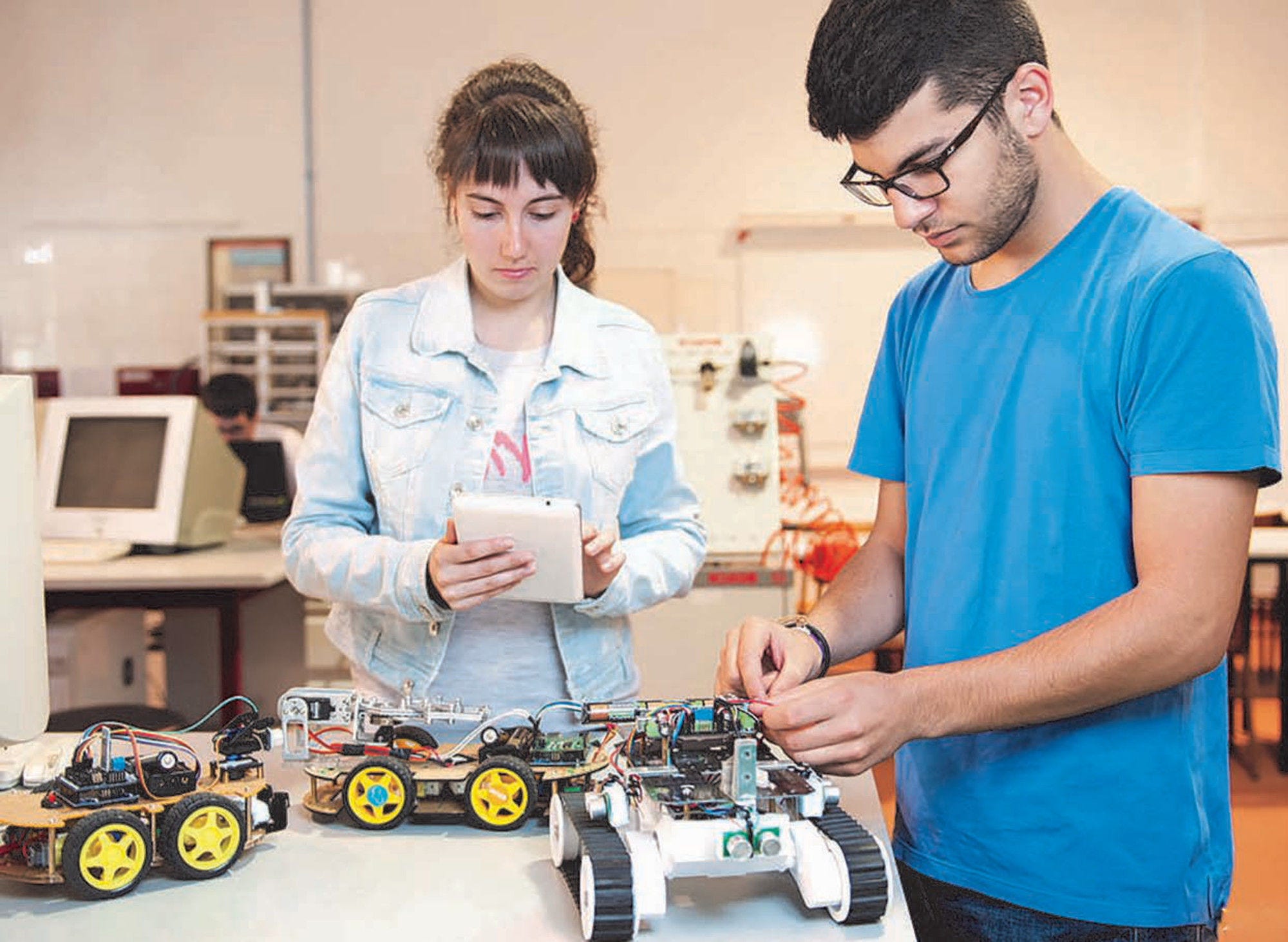Portugal aims to develop a more innovative and productive economy, and to ensure that the benefits of these developments are widely distributed across society and the regions of Portugal. This vision is reflected in a range of national documents including the Government Programme of the 21st Constitutional Government, 2015-2019 (Programa do XXI Governo Constitucional – 2015-2019). Key aspects of this vision rely upon investment in higher education, research and innovation to achieve two main goals:
1. Rising prosperity. Portugal seeks to improve the provision of higher education and accelerate innovation in its commercial life to raise the productivity of its economy. Innovation should occur through the knowledge-based modernisation of traditional industries, permitting businesses to move up the global value chain and export more effectively; in the further development of newer industries with high growth potential (such as IT or renewable energies); and in public services and civic life, permitting increased effectiveness in governance and greater capacity to address contemporary problems, such as environmental challenges and sustainability. Innovation is to be nurtured by raising the skills of Portugal’s population through higher education and life-long learning, and by widening internationalisation – by making Portugal more attractive to knowledge-intensive foreign direct investment, highly-skilled immigrants and the Portuguese diaspora.
2. Inclusiveness and equity. Portugal seeks to ensure that the benefits of increased innovation and productivity are experienced by all sections of society and all regions of the country, metropolitan and rural.
Portugal made progress toward these goals prior to the 2008 crisis. The crisis resulted in severe reductions to public and private investments in knowledge and innovation. The country’s ability to achieve fully this vision depends upon many factors. Among these are cultural, regulatory and fiscal environments that promote and reward creativity, and investment in the development and application of new knowledge and skills. Equally important is the performance of innovative, productive, internationally oriented businesses, higher education institutions and research units, which operate and are connected through effective networks and supported by sound governance and funding mechanisms and structures.
This second element – which encapsulates the higher education, research and innovation ‘system’ – is the focus of this OECD Review. The key objective of the Review is to assess the extent to which Portugal’s higher education, research and innovation system is well-configured to help Portugal achieve the vision of inclusive innovation, and to identify which policy options might help it achieve its goals.
The review focuses on the structure and operation of higher education, research centres and innovation-related bodies that form a core part of the higher education, research and innovation system, as well as direct public support for research and innovation in the business sector and public services. While the broader legal, regulatory and fiscal environment – such as immigration or intellectual property rights policies – also influence the capacity of firms and public services to invest and innovate to promote economic and societal development, these are outside the scope of this review.
